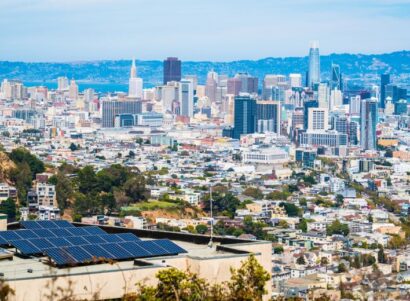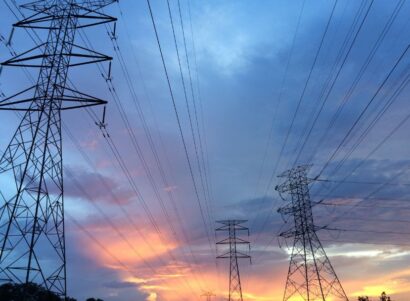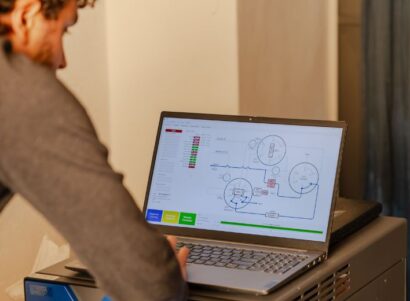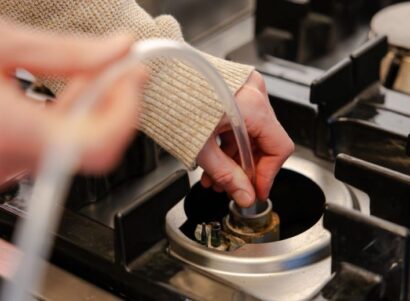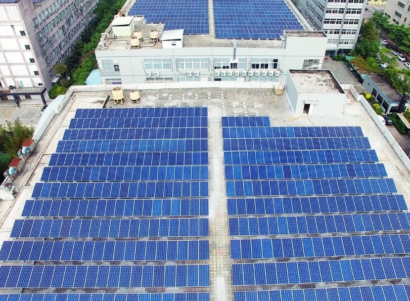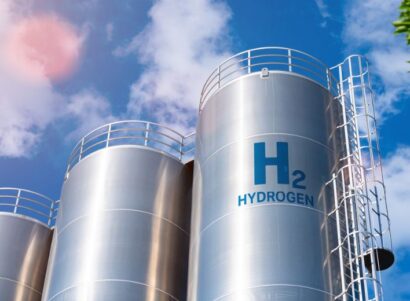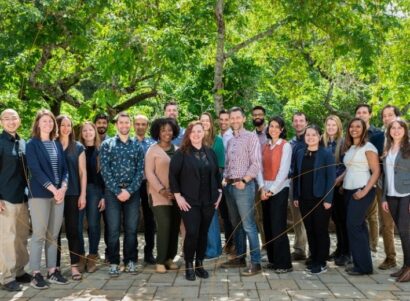PSE Energy Quarterly is the newsletter of Physicians, Scientists, and Engineers for Healthy Energy, a nonprofit research institute dedicated to supplying evidence-based scientific and technical information on the public health, environmental, and climate dimensions of energy production and use.
TOP STORY
PSE’s New Interactive Tool Supports Equitable Solar
In June, PSE launched a new interactive tool that helps regulators, developers, citizens, and community groups determine the potential for installing solar panels on multifamily affordable housing in California, including eligibility for subsidies. PSE’s Boris Lukanov developed the tool — which includes information such as rooftop solar potential, environmental justice indicators, number of low-income units per building, and legislative district — in support of California’s Solar on Multifamily Affordable Housing Program (SOMAH), a statewide initiative launched in December 2017 to provide low-income renters with access to clean energy.
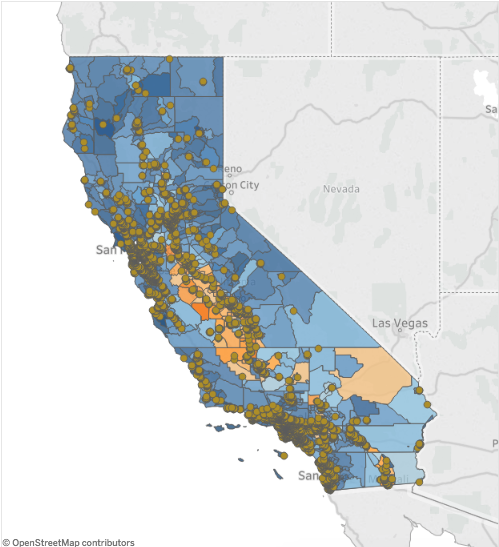
NEWS BRIEFS
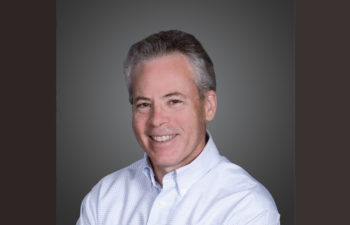
Improving Field Measurements A new technology co-developed by PSE’s Dominic DiGiulio is an important advance in determining whether methane gas has migrated from oil and gas production wells to nearby drinking-water wells. The device, evaluated in the study, “A New Equilibrator Design for Rapid Detection of Methane in Groundwater During Purging,” co-authored by DiGuilio and first published online May 1 in Environmental Engineering Science, addresses persistent challenges in obtaining accurate field measurements of water-based methane, and helps to rule out sampling methodology as a variant in the testing process. Read the news story and the blog post.
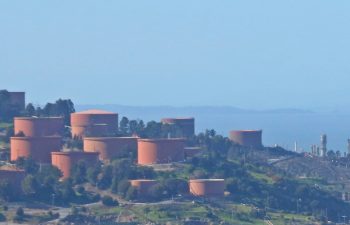
New Sensor Network On June 2, the California Air Resources Board awarded PSE a half-million-dollar grant to conduct a local air-quality study in the cities of Richmond, North Richmond, and San Pablo. “Local” is the key word: More commonly collected regional air quality data is often not helpful to communities trying address local-level air quality questions and promote effective local policy and decision-making. Learn more about the study in, “Why local air-quality monitoring is important,” the blog piece written by project leads Boris Lukanov and Lee Ann Hill.
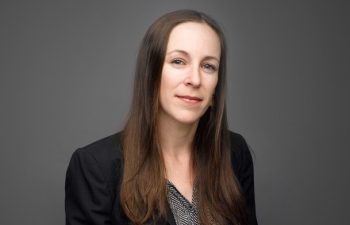
Sharing Our Expertise Elena Krieger, director of PSE’s Clean Energy Program, was a presenter in the July 19 Clean Energy Group webinar, “Replacing Peaker Plants with Battery Storage.” Krieger discussed how carbon dioxide and nitrogen oxide emissions, air quality, local demographics, and grid constraints are all important factors in deciding whether or not specific peaker plants — fossil-fuel-burning power plants that run during periods of peak energy demand — would be good candidates for replacement with battery storage. A recording of the event and a PDF of the presentation slides are available on the webinar website.
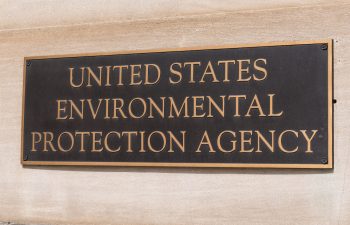
EPA Briefing Also on July 19, PSE Executive Director Seth Shonkoff presented the briefing “Oil and Gas Wastewater Re-Use in California: Considerations and Risks” to a group of oil and gas regulators from the U.S. Environmental Protection Agency on the current practice and potential risks and impacts of oil and gas wastewater reuse for food crop irrigation, groundwater recharge, and livestock watering. Read the presentation.
PSE IN THE NEWS
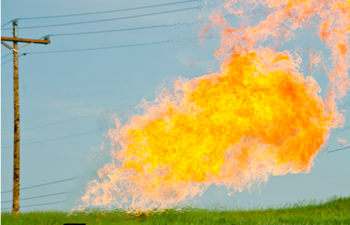
“PSE Healthy Energy has built a repository of peer-reviewed studies that evaluate the impacts of shale development. In 2009, there were seven studies on the practice. There are now more than 1,000 studies in PSE Healthy Energy’s archive.”
An E&E News story evaluating 10 years of shale-gas development highlights PSE’s leadership role in this arena, alluding to ROGER, our proprietary oil and gas research database, and quoting no less than three PSE scientists.

“’It’s increasingly likely that these pits can contaminate groundwater.’”
PSE’s Seth Shonkoff is interviewed in an NBC Bay Area television news story, broadcast May 18, about the potential dangers to California’s water supply posed by storage pits that hold toxic wastewater produced during oil production.
This issue of PSE Energy Quarterly was published May 7, 2018, in Oakland, California.
Copyright PSE Healthy Energy. All rights reserved.





